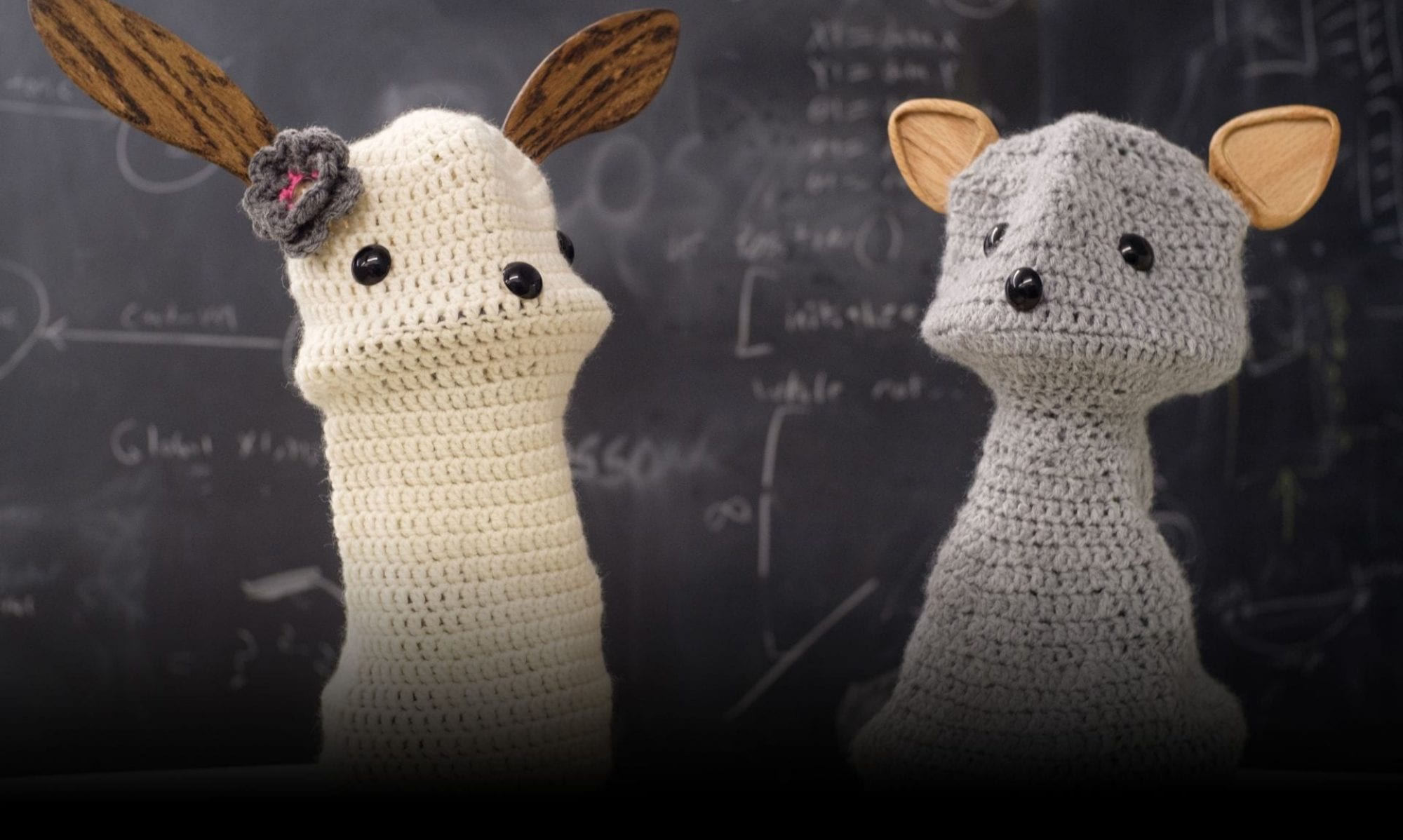Heng Yang, Massachusetts Institute of Technology
9/16/2021
Location: 122 Gates Hall
Time: 2:40p.m.
Abstract: Geometric perception is the task of estimating geometric models from sensor measurements and priors. The ubiquitous existence of outliers —measurements that tell no or little information about the models to be estimated— makes it theoretically intractable to perform estimation with guaranteed optimality. Despite this theoretical intractability, safety-critical robotic applications still demand trustworthiness and performance guarantees on perception algorithms. In this talk, I present certifiable outlier-robust geometric perception, a new paradigm to design tractable algorithms that enjoy rigorous performance guarantees, i.e., they commonly return an optimal estimate with a certificate of optimality, but declare failure and provide a measure of suboptimality on worst-case instances. Particularly, I present three algorithms in the certifiable perception toolbox: (i) a pruner that uses graph theory to filter out gross outliers and boost robustness to against over 95% outliers; (ii) an estimator that leverages graduated non-convexity to compute the optimal estimate with high probability of success; and (iii) a certifier that employs sparse semidefinite programming (SDP) relaxation and a novel SDP solver to endow the estimator with an optimality certificate or escape local minima otherwise. I showcase certifiable outlier-robust perception on real robotic applications such as scan matching, satellite pose estimation, and vehicle pose and shape estimation.
Bio: Heng Yang is a Ph.D. candidate in the Department of Mechanical Engineering and the Laboratory for Information & Decision Systems at the Massachusetts Institute of Technology, working with Prof. Luca Carlone. His research interests include large-scale convex optimization, semidefinite relaxation, robust estimation, and machine learning, applied to robotics and trustworthy autonomy. His work includes developing certifiable outlier-robust machine perception algorithms, large-scale semidefinite programming solvers, and self-supervised geometric perception frameworks. Heng Yang is a recipient of the Best Paper Award in Robot Vision at the 2020 IEEE International Conference on Robotics and Automation (ICRA), a Best Paper Award Honorable Mention from the 2020 IEEE Robotics and Automation Letters (RA-L), and a Best Paper Award Finalist at the 2021 Robotics: Science and Systems (RSS) conference. He is a Class of 2021 RSS Pioneer.
